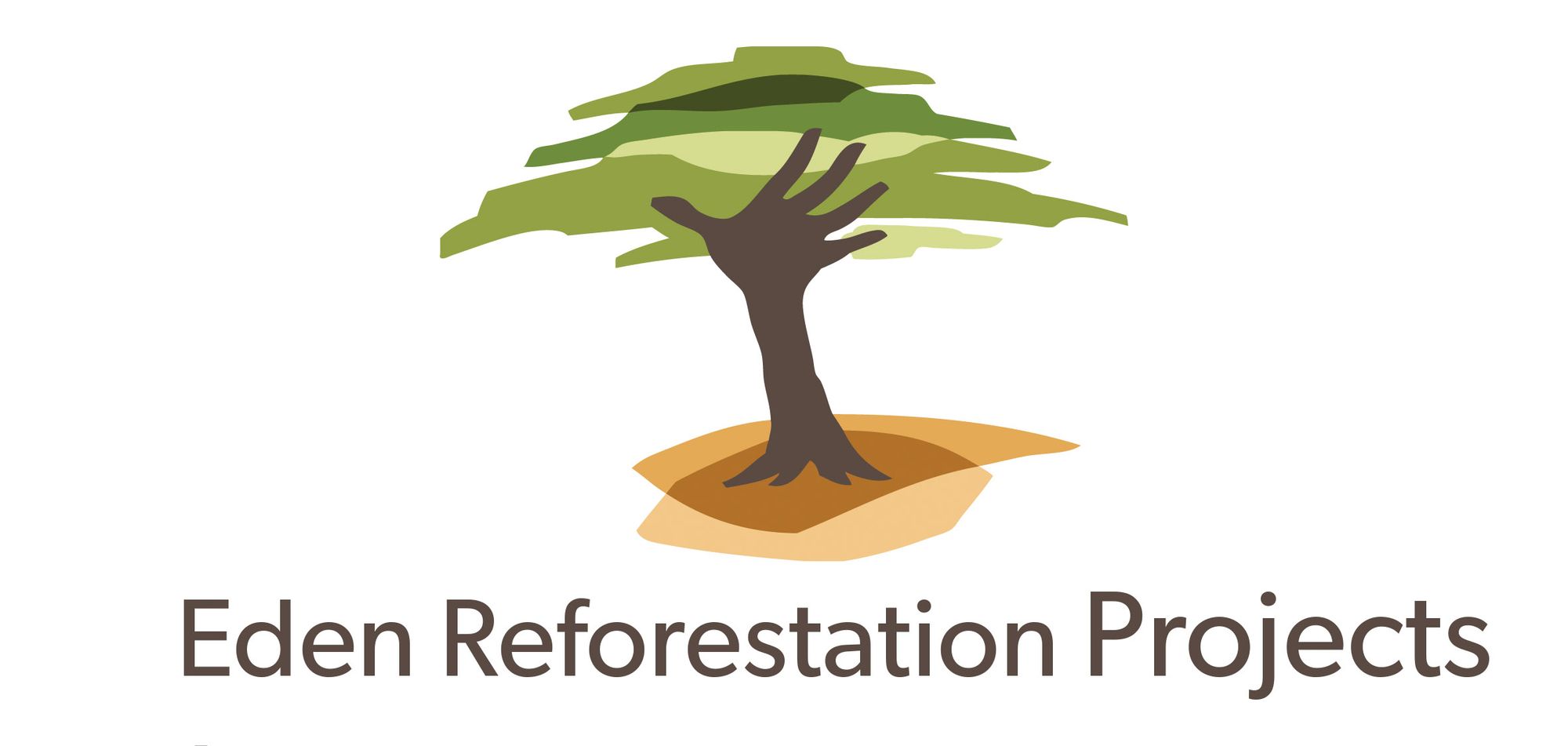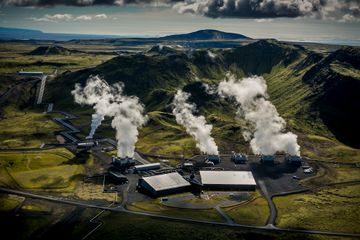Eden's mission is to restore degraded forests and degraded lands around the world by planting trees and working with local communities to create sustainable livelihoods.
The non-profit organisation is dedicated to restoring degraded landscapes and reducing poverty through large-scale reforestation. With a mission to provide employment and restore degraded land to degraded communities in need, Eden employs local villagers to plant and care for trees, providing them with fair wages, benefits and job security. The organisation operates in Kenya, Madagascar, Mozambique, Nepal, Indonesia, Haiti, Honduras and Brazil, planting over 200 million trees to date and transforming the lives of thousands of people.

Negative Emissions
Forests are important not only because they provide habitat for wildlife and prevent soil erosion, but also because they absorb carbon dioxide from the atmosphere. Trees take in carbon dioxide and store it in their trunks, branches, and roots, making forests an essential tool in fighting climate change.
Eden's reforestation efforts contribute to negative emissions by planting trees that absorb carbon dioxide from the atmosphere. According to their calculations, each tree planted by Eden removes about 1 ton of carbon dioxide from the atmosphere over the course of its lifetime. This means that every 100 trees planted by Eden remove approximately 100 tons of carbon dioxide from the atmosphere.
Life Cycle Analysis
Trees naturally sequester carbon out of carbon dioxide through photosynthesis, converting CO2, water, and light energy into sugar and oxygen. Forestation is a carbon removal method, but it's important for trees to survive and not be burned to maintain their carbon sequestration potential. To counteract this risk we plant double the amount of trees required to remove the amount of CO2. On average, a tree can remove 625 kg of CO2 over its lifetime, with an average yearly sequestration rate of 10.875 kg of CO2/tree/year. For more information on how we calculated this sequestration rate, see our article on carbon removal with forestation.
Impact
Since its inception in 2005, Eden has planted over 350 million trees in 32 countries, restoring degraded forests and improving the livelihoods of local communities. In addition to the environmental benefits of reforestation, Eden's projects also provide social and economic benefits to local communities by creating jobs, providing sustainable sources of income, and preserving traditional land use practices.
To learn more about Eden and their reforestation projects, please visit their website at www.edenprojects.org. If you're interested in supporting their projects, please start a subscription today and help plant more trees.



